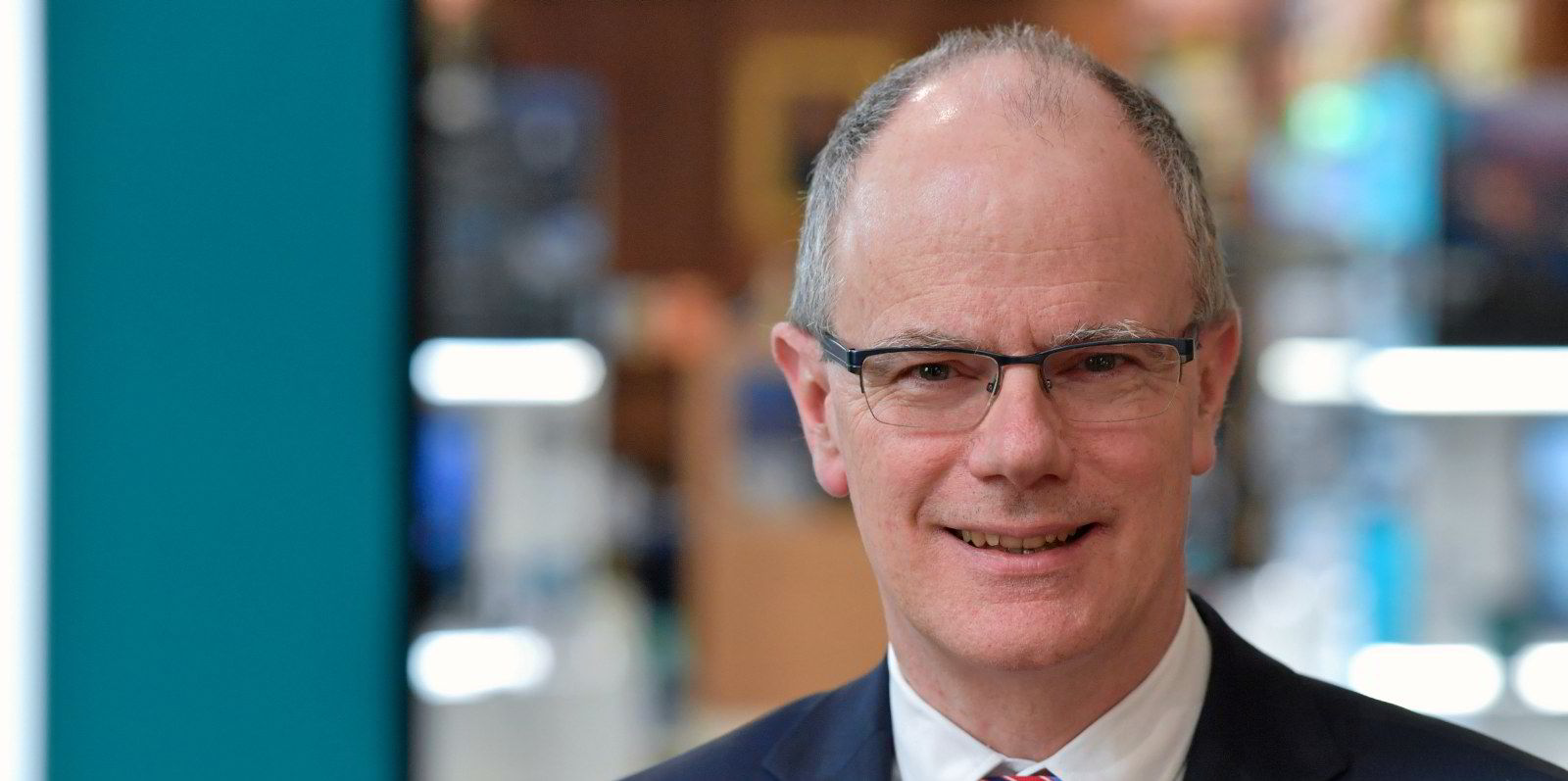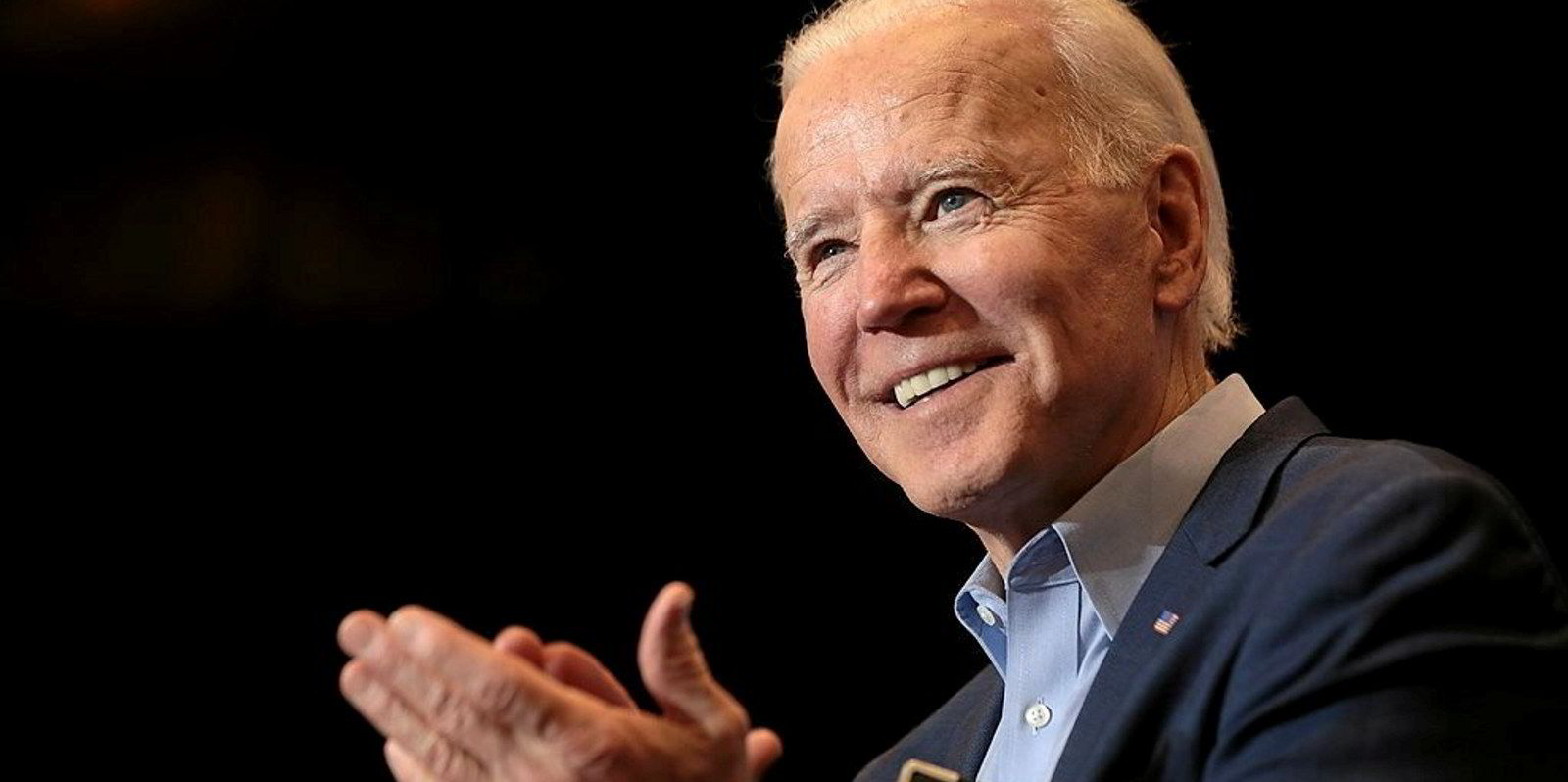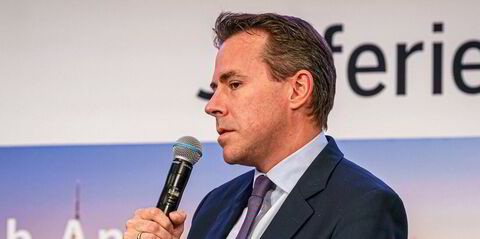Liner shipping remains much more concentrated than perceived by global regulators, according to the Global Shippers Forum (GSF).
But a new way of calculating the concentration in the liner sector “lays bare the degree of dominance that many shipping lines actually have in the key global trades”, said director James Hookham.
“Current measures of market concentration are only seeing part of the picture,” he said.
“Not only are there consortia operations within the three main Alliances, the number of separate consortia that exist consisting of lines from different Alliances is also significant,” he added.
Regulators should therefore “urgently revise their measures of competition to reflect the reality of the container shipping market”, he said.
These would “ensure they capture the full extent and effects of shipping line co-operation, as experienced by shippers”.
The comments contrast with the conclusion of a report by the US Federal Maritime Commission (FMC) in May which described competition in liner shipping as “vigorous”.
The GSF suggests that competition authorities have relied on traditional “but incomplete” tools to assess the level of concentration across trades, most commonly the Herfindahl–Hirschman Index (HHI).
This measure neglects the extent to which lines from different alliances operate shared services, as permitted under block exemption and other anti-trust immunity provisions, the lobby added.
When these ‘inter-Alliance’ consortia are included as in the modified HHI, the concentration of the market is much higher, it argues.
Under the modified HHI, the Transatlantic trade from 2006 to 2021 would be deemed “highly concentrated” by most competition regulators.
The GSF contends that the lack of, or reduction in the levels of competition, leads directly to poor service quality for shippers.
A review for the first quarter of 2022 showed the number of port calls fell to 68% of those scheduled, the lowest level recorded since this analysis began in 2020.
“Scheduled capacity between world regions has fallen and though our analysis indicates that service reliability has now stabilised, the number of port calls skipped continues to grow,” said Mike Garratt, chairman of MDS Transmodal which collaborated with GFS on the study.




